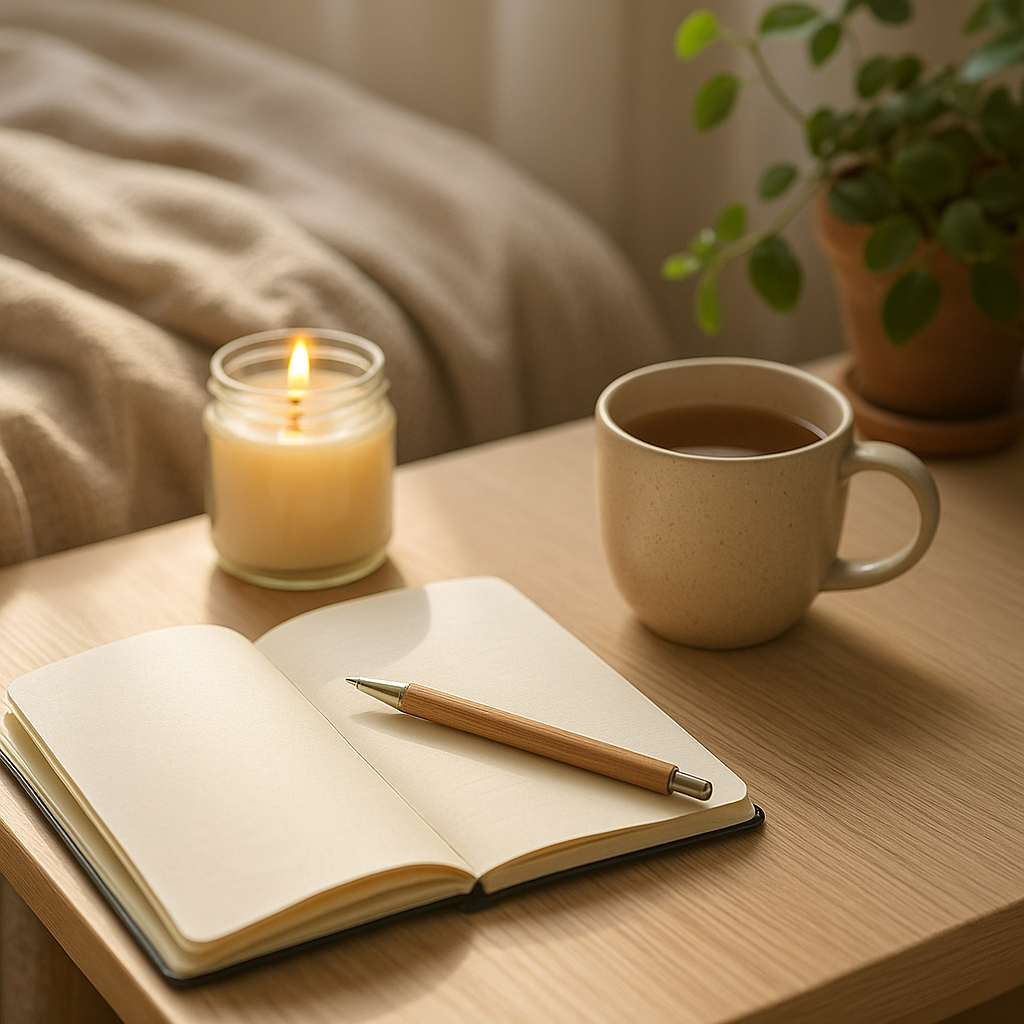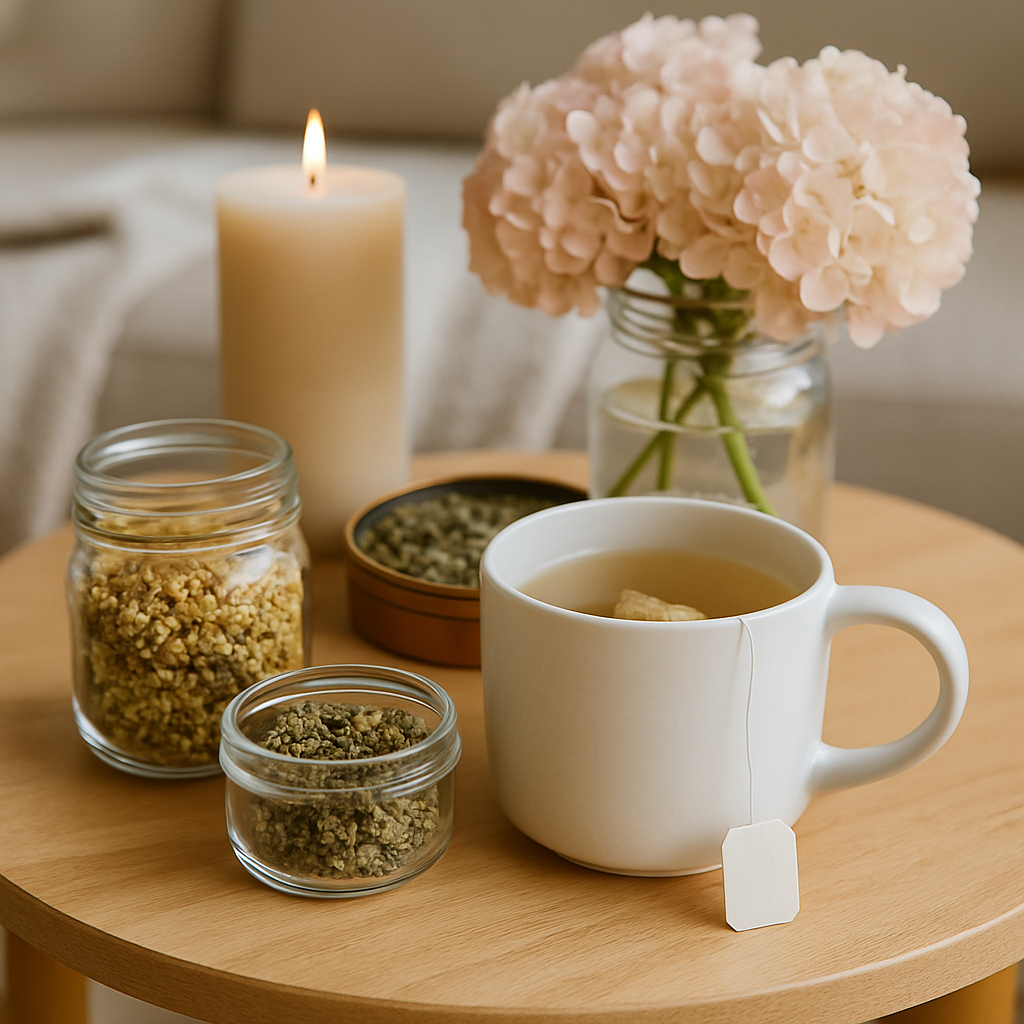
In a world that encourages hustle from the moment we wake up, choosing to slow down in the morning can feel like a radical act. We’re often told that productivity starts with a 5 a.m. workout, a power smoothie, and a color-coded calendar — but what if the real key to wellness was simply giving yourself space to start the day gently?
Slow mornings aren’t about doing nothing — they’re about doing less, with intention. Whether you’re a busy professional, a student, a parent, or just someone feeling burnt out by your daily routine, creating space for a slower start can help you reset your energy, support your mental health, and reconnect with what matters most.
Why Slow Mornings Matter
Our mornings set the tone for the rest of the day. When we start rushed, reactive, and overstimulated — checking emails before getting out of bed, gulping down coffee while multitasking, or skipping any form of self-connection — we carry that frantic energy with us.
A slow morning gives your nervous system time to adjust gradually. It allows your body to fully wake up and your mind to ease into the day’s responsibilities with clarity and calm. Over time, these gentle beginnings can create a more balanced emotional baseline, helping you handle stress and decision-making with more resilience.
Redefining “Productivity”
Many of us have internalized the idea that we need to hit the ground running as soon as the alarm goes off. But rushing doesn’t always equal productivity — in fact, it often leads to burnout, brain fog, and a scattered mindset.
A slow morning is not “wasted time.” It’s restorative time — space for your thoughts to settle, your breath to deepen, and your intentions for the day to form. The payoff? You’re more focused, emotionally regulated, and grounded for the hours ahead.
How to Build a Slow Morning Ritual
You don’t need a full hour or elaborate routine to experience the benefits. Even 10–15 minutes of intentional, unrushed time can transform how you feel. The key is to create a simple structure you can repeat most days, without pressure or perfection.
Here’s a framework to help you start:
1. Wake Up Without Rushing
Instead of reaching for your phone right away, take a moment to stretch, breathe, or simply lie still. Let your senses adjust to the day slowly — notice the light, the temperature, the quiet.
You can set your alarm 10 minutes earlier than usual if needed, not to do more, but to do less with more presence.
2. Hydrate and Breathe
Start with a glass of water before anything else. Your body naturally dehydrates overnight, and drinking water first thing supports digestion, energy, and focus.
As you sip, take a few deep breaths. This simple act tells your nervous system: “You’re safe. You don’t need to rush.”
3. Incorporate One Grounding Practice
Choose one activity that brings you into the present. It could be:
- Journaling a few thoughts or intentions
- Doing gentle stretching or yoga
- Sitting with your favorite warm drink
- Stepping outside and noticing your surroundings
- Listening to music that lifts or centers you
You don’t have to do all of them — just one. The goal is to cultivate stillness and awareness before diving into your day.
4. Simplify Your Environment
Clutter creates noise. Consider keeping your morning space — whether it’s your kitchen, bedroom, or a corner by the window — clean and calming. A candle, a small plant, or natural light can go a long way in setting the mood for mindful moments.
What If You’re Not a “Morning Person”?
Slow mornings aren’t just for early risers. You don’t have to wake up at sunrise to benefit from this ritual. It’s about how you begin, not when.
Even if your morning starts later or looks different day to day, you can still build in 5–15 minutes of intentional slowness. And if you live with others, communicate your need for quiet time — even a small boundary, like 10 minutes alone before conversation starts, can help.
The Ripple Effect of Slowness
What starts as a simple morning habit can have lasting effects throughout your day. People who practice slow mornings often report:
- Less reactivity to stress
- Greater emotional awareness
- Improved decision-making
- More meaningful connections
- Better sleep (yes, slowing down in the morning can impact your night!)
When you give yourself permission to begin your day gently, you carry that energy with you — into your work, your relationships, and your self-care.
Conclusion
In a culture that often confuses speed with success, choosing to slow down is a quiet rebellion — one that honors your body’s rhythms and your mind’s needs. A slow morning doesn’t mean doing less with your life. It means doing more of what matters, with clarity and care.
You don’t need to overhaul your schedule or adopt a rigid routine. Start with a single, simple ritual — a breath, a stretch, a sip of something warm. Let it be enough.
Because how you start matters. And when you begin with presence, intention, and slowness, you give your entire day a stronger, more peaceful foundation.






